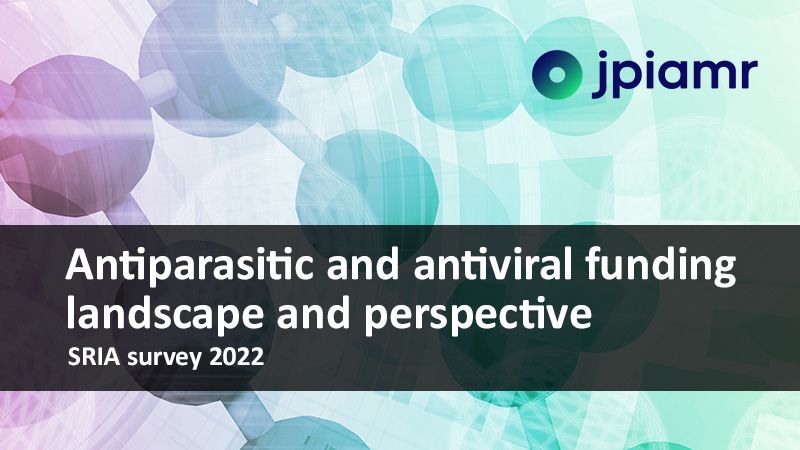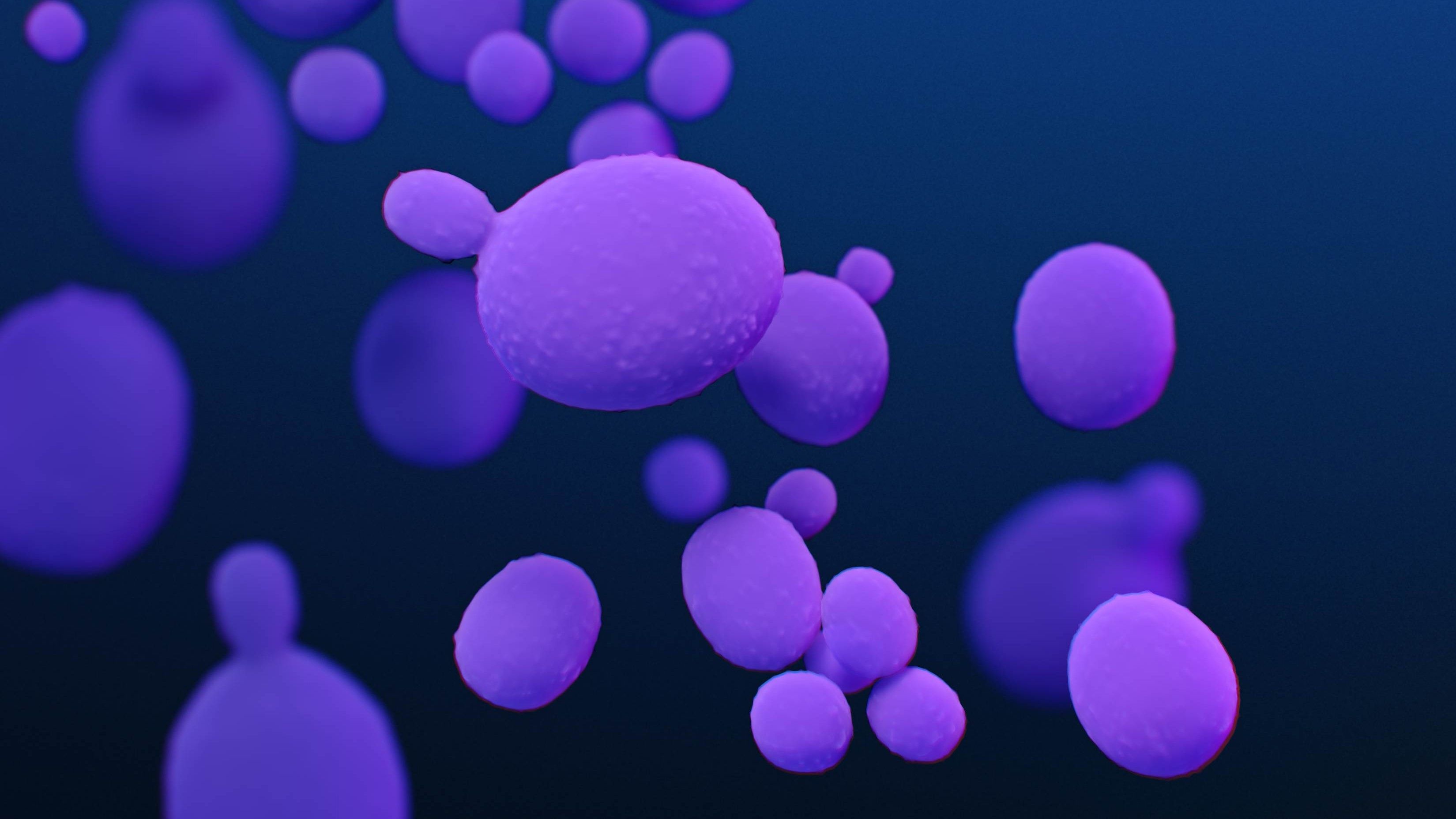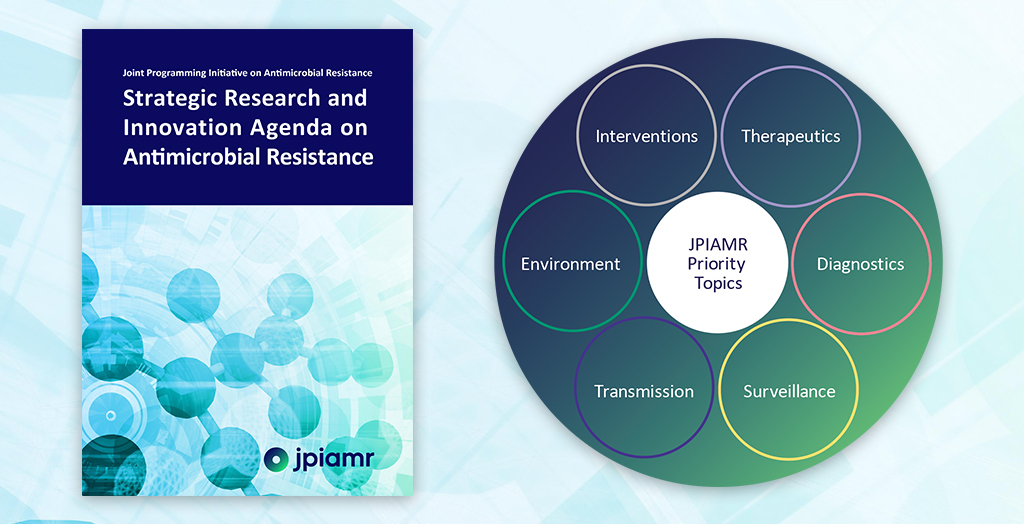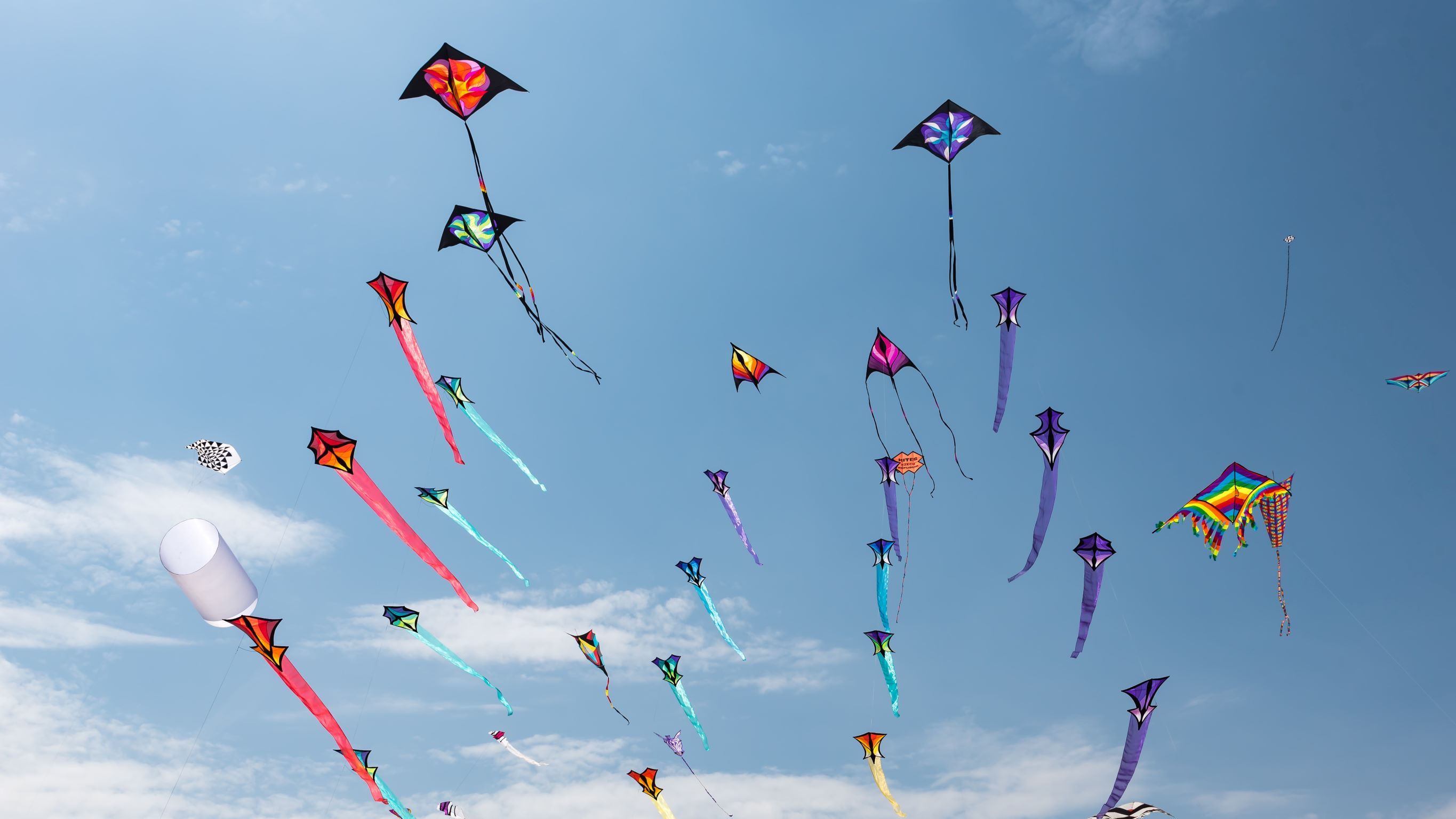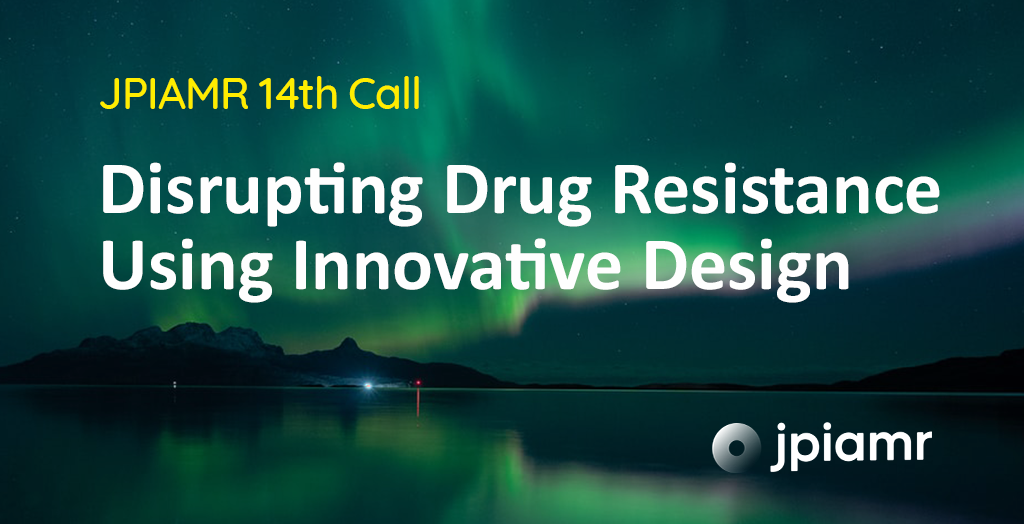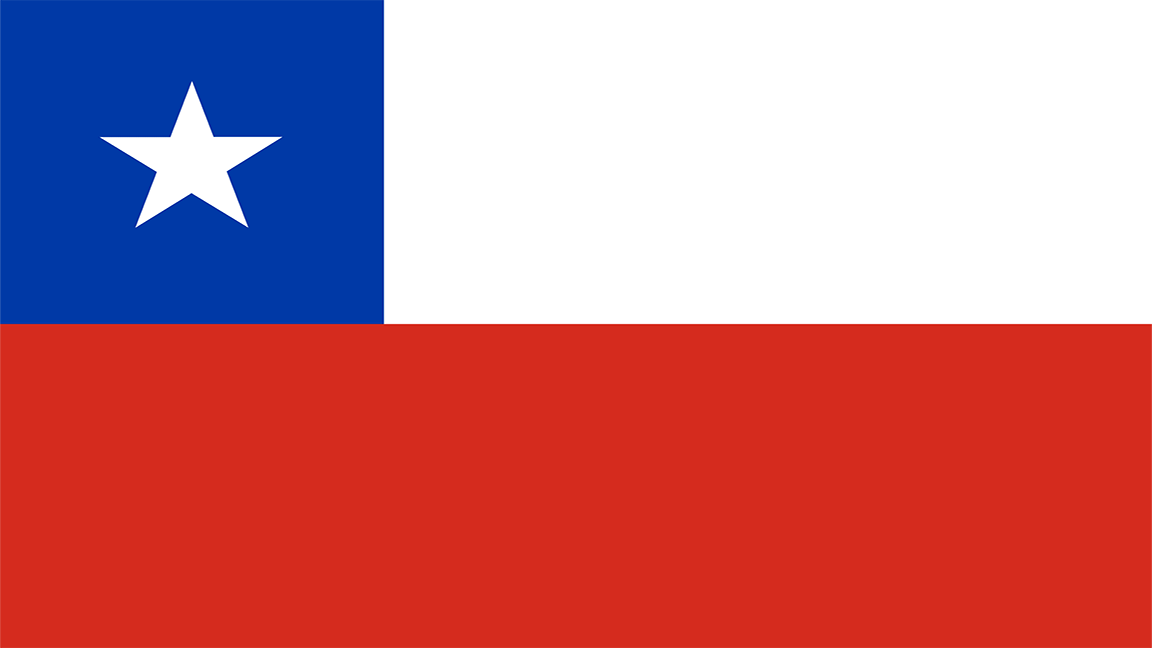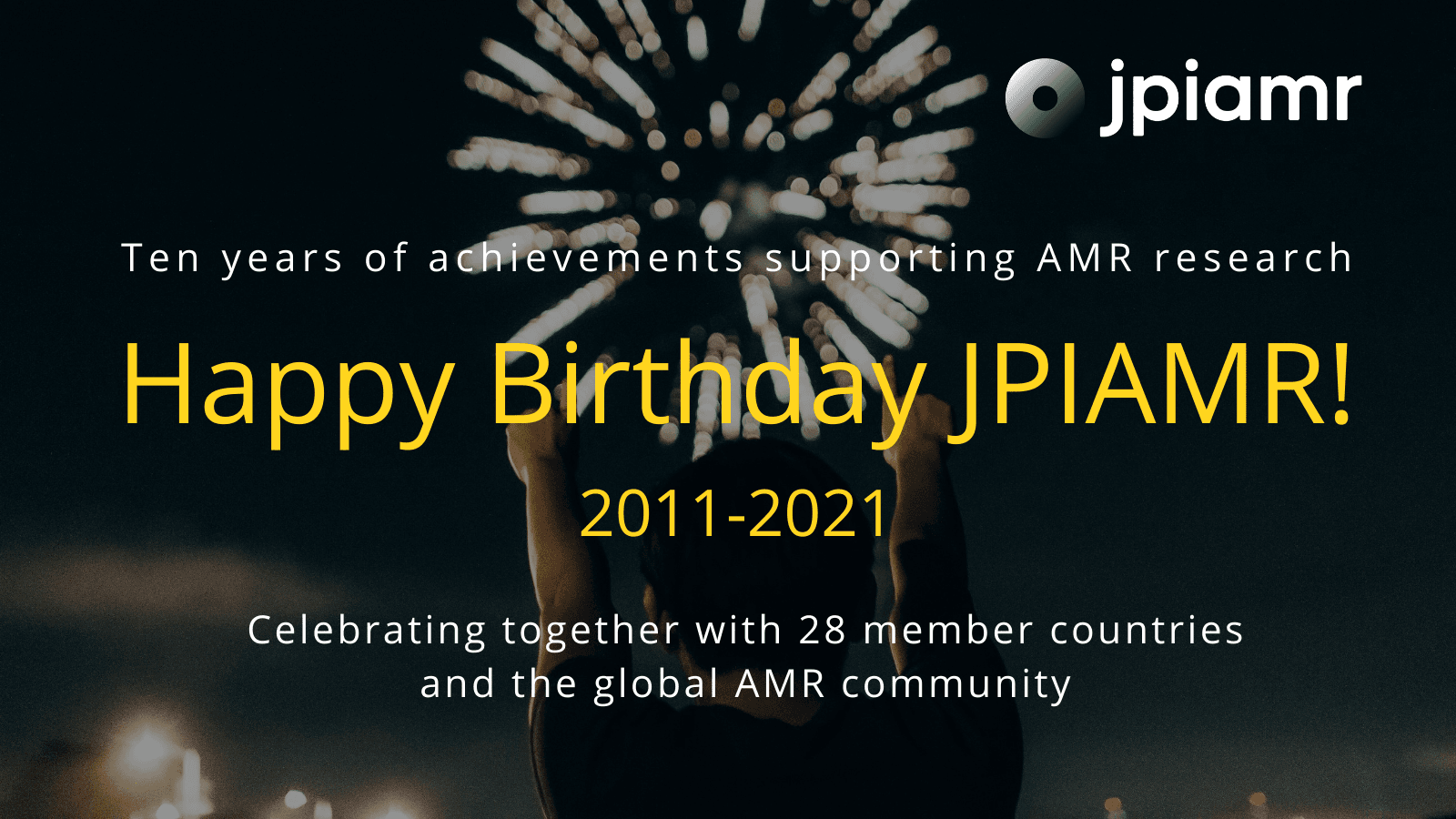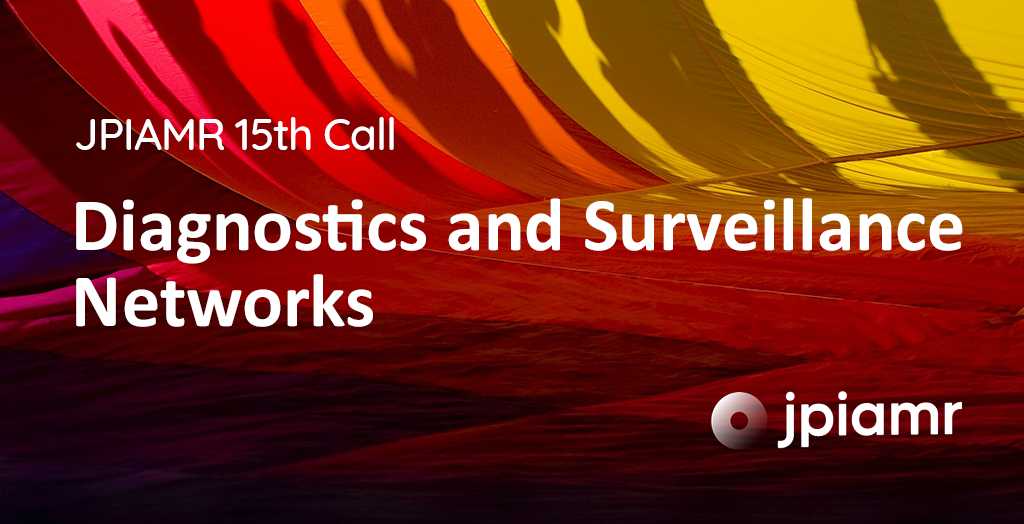The JPIAMR has launched a round of consultation on antiparasitic and antiviral resistance. The information will be used for outlining research and innovation priorities in the Strategic Research and Innovation Agenda (SRIA) on Antimicrobial Resistance and informing the scope and direction of the candidate One Health AMR partnership.
The (SRIA) presents an overview of recent developments and future needs for AMR research. More information and the link to the SRIA can be found here: JPIAMR Strategic Research and Innovation Agenda. The surveys have aim to map national and international funding in the area of antiparasitic and antiviral resistance.
National/country level funding survey
This survey has been designed to collect national input in extending the scope of the candidate One Health AMR partnership to include antiparasitic and antiviral resistance, and to show national willingness to commit funds to future activities dedicated to those topics. The survey should be submitted by national representatives only (one survey per country is expected).
Link to survey: https://survey.vr.se/Survey/773
A word template of the survey can be downloaded here and circulated for national consultation before submission: National/country level funding survey (Word file)
The outcomes of this survey will have an important impact on the future scientific directions taken by the JPIAMR and by the candidate OH AMR Partnership.
The survey will close on the 6th June 2022 at 12.00 CEST.
International funding survey
This survey has been designed to collect information on the international funding landscape for antiparasitic and antifungal research. The survey should be submitted by representatives from international funding organisations only (one survey per organisation is expected).
Link to survey: https://survey.vr.se/Survey/775
A word template of the survey can be downloaded here and circulated for organisational consultation before submission: International funding survey (Word file)
The outcomes of this survey will have an important impact on the future scientific directions taken by the JPIAMR and by the candidate OH AMR Partnership.
The survey will close on the 30th May 2022 at 12.00 CEST.
